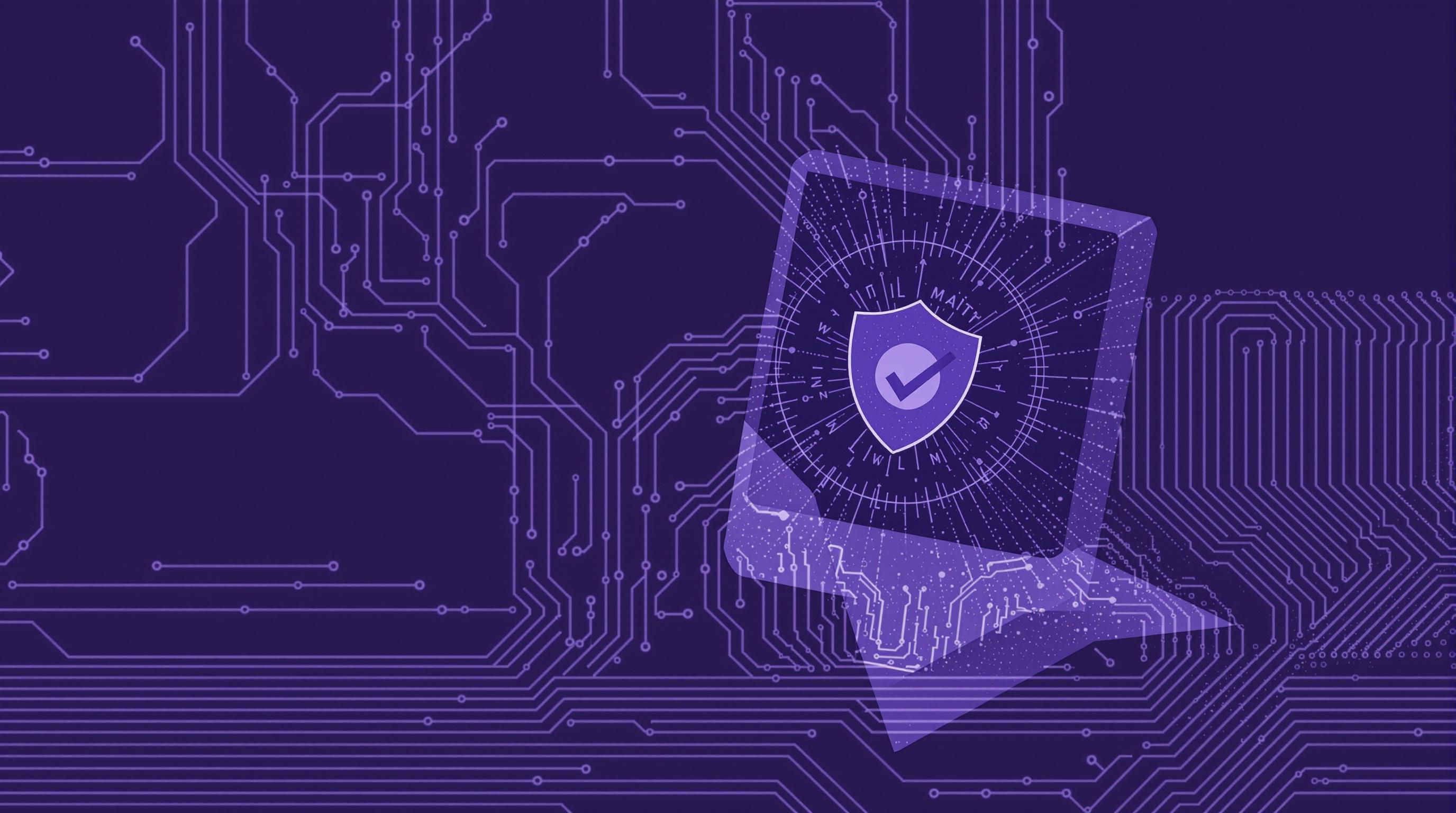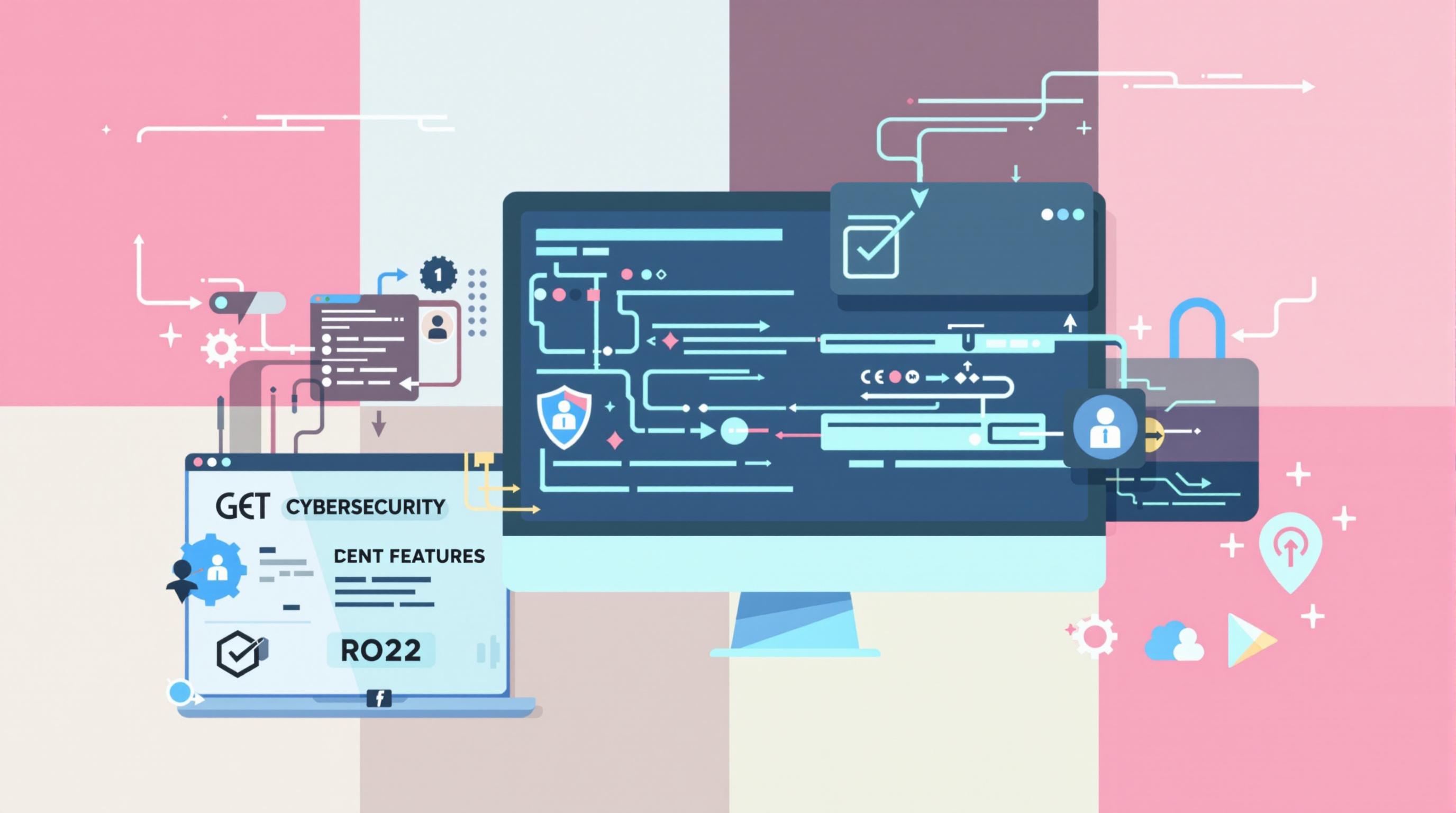Related Articles
- The Silent Guardians: How Offline Digital Vaults Are Redefining Personal Security in a Hyperconnected World
- Unseen Footprints: How Browser Extensions Quietly Shape Your Digital Identity Without Consent
- The Unexpected Role of Quantum Computing in Revolutionizing Confidential Digital Correspondence
- Unveiling the Silent Guardians: How Antivirus Software Shapes Digital Mental Wellness in Unexpected Ways
- Uncharted Pathways: How Cognitive Biases Secretly Influence Network Security Decisions
- Unveiling the Role of VPNs in Protecting Smart Home Devices from Emerging Cyber Threats
Unveiling the Silent Guardians: How Antivirus Software Shapes Digital Mental Wellness in Unexpected Ways
Unveiling the Silent Guardians: How Antivirus Software Shapes Digital Mental Wellness in Unexpected Ways
Antivirus software isn’t just about protecting your devices; it plays a crucial role in shaping our digital mental wellness by reducing anxiety and fostering a sense of security. This article explores the multifaceted ways these silent guardians impact our mental health, from boosting confidence to alleviating stress caused by cyber threats.
A Personal Story: From Paranoia to Peace
Let me share a quick anecdote from my own life. As a 29-year-old freelance writer, I used to dread every email attachment and suspicious pop-up. That feeling of lurking danger online was mentally exhausting—until I installed a reliable antivirus program. Suddenly, I found myself browsing, working, and communicating with far less hesitation. This shift didn’t just protect my computer; it lifted an invisible burden of constant worry.
The Anxiety Behind Cybersecurity Threats
It’s no secret that cyber threats weigh heavily on many internet users’ minds. According to a 2022 Pew Research Center study, 64% of Americans reported feeling worried about becoming the victim of a cyberattack. This persistent fear can manifest as digital anxiety, contributing to a broader sense of insecurity and stress in daily life.
But how exactly does antivirus software offer relief?
By actively scanning and neutralizing threats, antivirus programs reduce the cognitive load associated with vigilance. Users can relax a bit, trusting their "silent guardians" to take care of threats, allowing for more enjoyable and productive online experiences.
Antivirus as an Unseen Mental Health Ally
It might sound odd to say a software product aids mental health, but think about what it really does: it builds trust in the digital environment. Users who feel secure from malware and phishing attacks are less likely to experience the “fear of clicking,” which can hinder productivity and communication.
Research from the University of California, Berkeley, illustrates this point: participants who used antivirus programs reported 30% lower levels of stress during online tasks than those without such protection (Berkeley Digital Wellness Lab, 2023).
Cybersecurity and Its Ripple Effects on Everyday Life
When your devices are infected, the chaos isn’t limited to the digital world; it spills over into your personal wellbeing. Imagine losing precious photos, financial data, or crucial work files to ransomware—it's not just an inconvenience but a source of real mental anguish.
Conversely, antivirus software acts as a first line of defense, preserving not only your data but also your peace of mind. It’s like having an invisible shield that safeguards your virtual identity and personal history, helping maintain emotional stability.
The Humorous Side of Digital Defense
Let’s lighten the mood for a second. Picture antivirus software as a quirky but loyal bodyguard, decked out in digital armor, waving a tiny sword at incoming viruses and malware like a knight in shining code. And honestly, who wouldn’t want a valiant protector who never asks for coffee breaks?
On a more serious note, many users report an unexpected emotional attachment to their antivirus software—personifying it as a “trusted companion” who stands guard, especially when encountering sketchy websites. This quirky dynamic underpins how intertwined digital protection has become with emotional comfort.
The Business Impact: Protecting Not Just Data but Morale
In the corporate world, antivirus software helps protect employees from the paralyzing fear of security breaches. A study by IBM found that 60% of employees’ morale improved after companies implemented advanced antivirus and cybersecurity measures (IBM Security Report, 2024).
By eliminating worries about cyber threats, businesses foster a more mentally healthy workplace, boosting focus and creativity. This domino effect—from antivirus protection to improved mental health to increased productivity—demonstrates the software’s far-reaching impact.
Statistics That Speak Volumes
Here’s some food for thought: The global cybersecurity market size was valued at $183 billion in 2023 and is projected to exceed $400 billion by 2030 (Statista, 2024). This massive growth isn’t just about profit—it reflects society’s increasing recognition of digital safety’s importance, including its psychological benefits.
Moreover, studies indicate that among users aged 16 to 70, those actively running antivirus software experienced a 25% reduction in reported episodes of digital stress in the last year, showcasing real-world mental health improvements.
Persuasion Time: Why You Shouldn’t Overlook Antivirus
Ready to make your mental wellness a priority? Investing in reputable antivirus software is one of the simplest, smartest steps you can take. It shields your devices and reduces mental clutter caused by fear of virtual attacks. Think of it as mental hygiene—a small effort with huge returns on your peace of mind.
If you’re still unsure, try starting with a free trial. Notice how your anxiety about suspicious links and downloads ebbs away. That feeling of relief is already making a difference.
Understanding False Positives and Trust
One caveat: antivirus software isn’t perfect. Sometimes, it blocks safe files or slows down your device, potentially causing frustration. However, as these programs improve with AI and machine learning, false positives decrease, boosting users' trust and mental comfort.
Trust-building is essential; knowing that your digital guardian is reliable encourages relaxed and confident online behavior, which positively shapes mental wellness over time.
The Future: Antivirus Integrating Mental Wellness Tools
Exciting developments are underway where antivirus vendors integrate features like digital wellbeing dashboards, mindfulness reminders, and screen time monitors. These hybrid tools not only block threats but help users manage stress by encouraging healthy device habits.
Imagine a future where your antivirus alerts you not just to malware but also suggests a 5-minute breathing exercise after prolonged screen usage—a holistic approach to digital protection and mental health.
Wrapping Up
In this interconnected era, antivirus software quietly shields more than just our devices; it guards our mental wellness by reducing anxiety, boosting confidence, and fostering a sense of security. Recognizing these benefits helps users appreciate their digital protectors beyond their technical roles—acknowledging them as vital companions in the modern mental health landscape.

